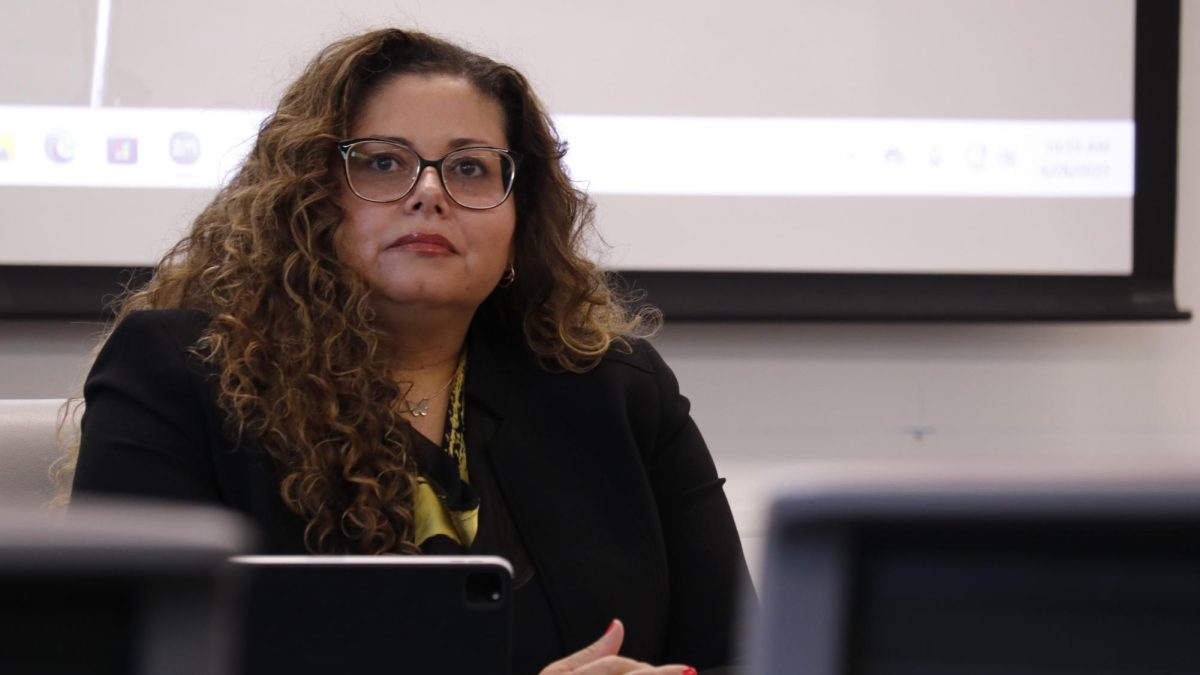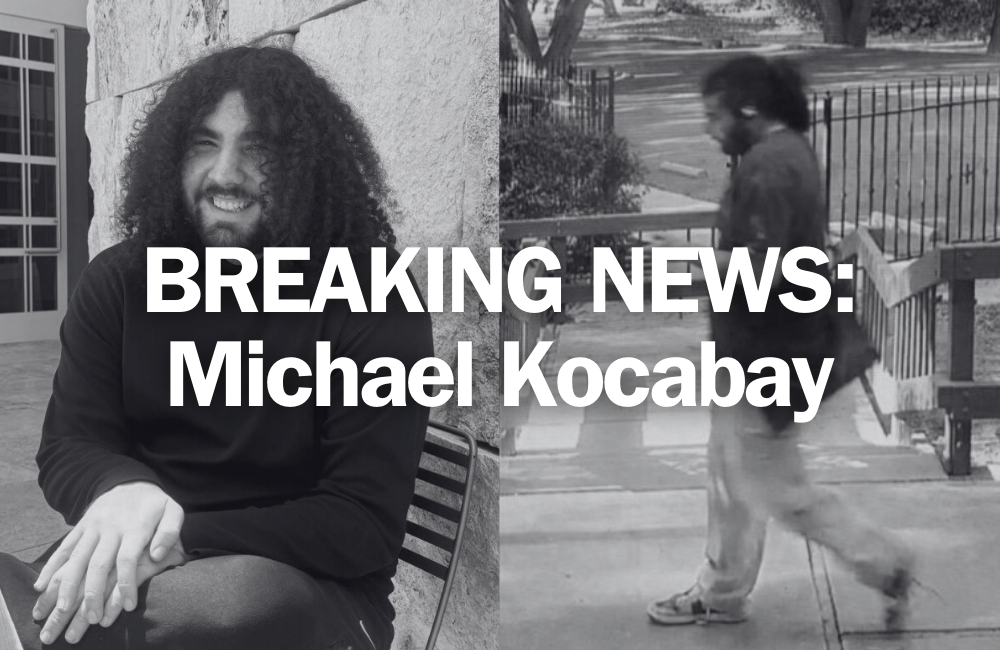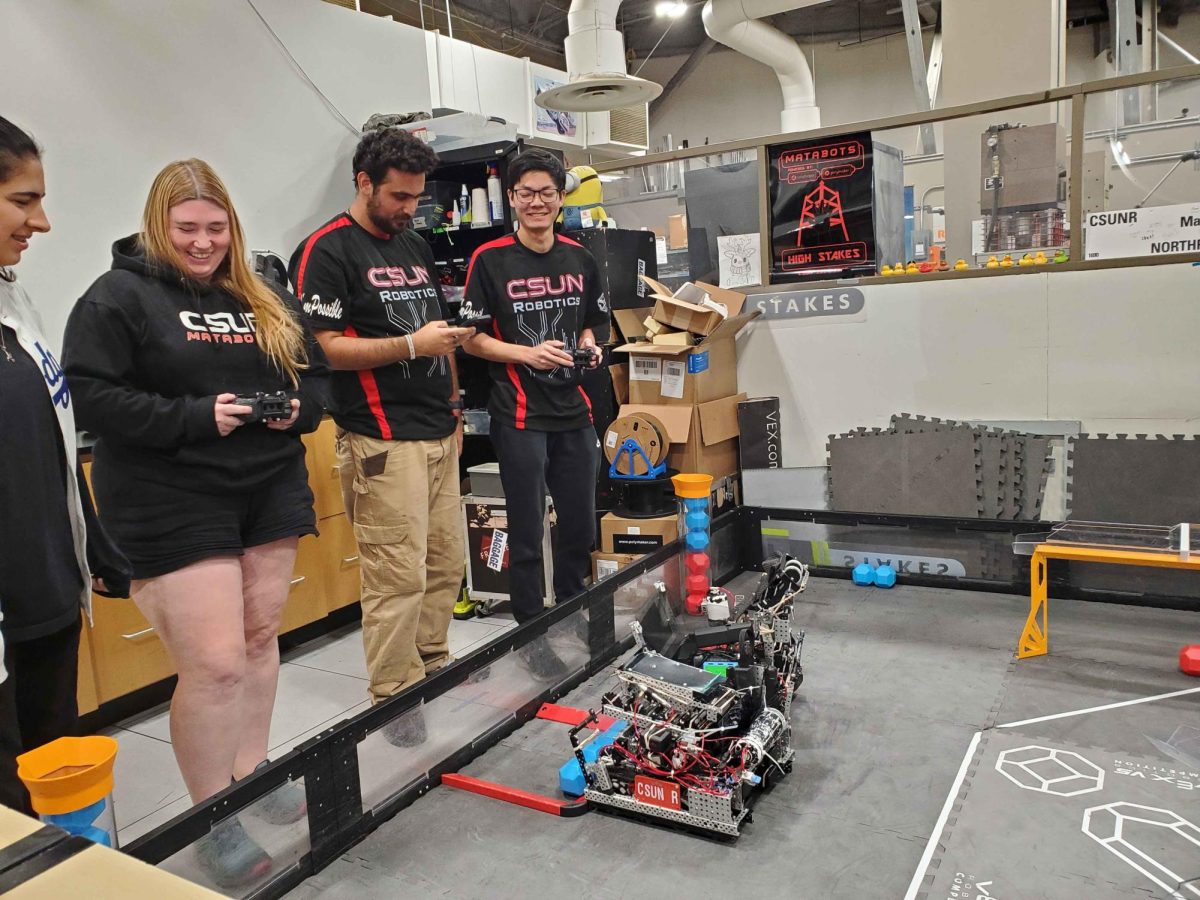
His whole life, all Keith Nolan wanted to do was serve in the military.
As a boy, he read military history, visited battle sites and relived in stories from his grandfather and great-uncle, both of whom served in World War II.
At 18, he entered his local Navy recruiter’s office and attempted to enlist, but was instead handed a slip of paper that simply read, “bad ear. Disqual,” Nolan said in an e-mail interview.
Despite being born completely deaf, Nolan continued to try to enroll in the military, only to be met with repeated nos. Finally letting go, he went on to earn a master’s degree in deaf education from CSUN in 2010, and began teaching at Taft High School in Woodland Hills, Calif.
One day, after a class on the Mexican-American War, a student approached Nolan and asked if he could join the military.
“I said, ‘No, you can’t, because you’re deaf,’” recalled Nolan. “And then it really hit me. I realized that I had been told no all my life, and now I was telling my own student that he couldn’t because he was deaf — and that wasn’t right.”
Feeling a regained sense of purpose, Nolan went home and sent a request to his alma mater requesting to join their Army Reserve Officers’ Training Corps.
“I asked the question that everyone always asks him — ‘If everyone is always telling you no, why do you keep trying?’” said CSUN ROTC Capt. Sid Mendoza. “And he said, ‘Well, hopefully, someone will say yes.’”
And this time, someone did.
Although ROTC had never before had a deaf cadet, and the U.S. Military has strict medical guidelines prohibiting them from serving, CSUN ROTC leadership decided to give him a shot.
“Ultimately, what made me decide to allow him to participate was his incredible attitude and motivation,” said Lt. Col. Shawn Phelps, commander of the CSUN ROTC program.
Nolan was first admitted into the program as a “participating” student, meaning he could sit in on the classes, but would not be issued uniforms or be allowed to participate in activities, such as morning workouts or field training. But Nolan continued to push for more involvement, eventually convincing ROTC staff to classify him as an “enrolled” cadet.
With his new status, Nolan was given a full military issue and began participating in all activities, from drill and ceremony to water survival and land navigation.
“I loved it. This is just what I’ve always wanted to do,” Nolan said. “(I loved) the discipline, the workouts, the physical fitness, what we learn in class, the theories, the strategies, military history, everything.”
With support from his family, Nolan quit his teaching job in order to keep up with the strenuous ROTC schedule. All his energy was focused on being a solider.
“You can see when someone just has that burning desire, that ‘This is what I want, and I want it more than everyone else,’ and that’s very clear with him. When he’s here, he’s 110-percent here,” Mendoza said.
“His enthusiasm is contagious, as is his love for the Army and those in the Army,” added Phelps. “Both the cadets and cadre are amazed by him day in and day out, and we will certainly always consider him part of our organization.”
Unfortunately, the arrangement didn’t last.
After a year of doing everything he had dreamed, the Army discovered Nolan was participating as an “enrolled” cadet, a status reserved for students who are contracted to join the Army after graduation, despite being unable to pass the medical requirements.
Army officials ordered the CSUN ROTC to strip him of his uniform and return him to “participating” status, where he could no longer go to the field or march alongside his comrades.
“It was a huge blow,” Nolan said.
But Nolan isn’t letting the setback keep him from realizing his dream – to one day serve actively in the U.S. Military.
He researched the history of deaf soldiers, began sharing his story, and even traveled to Israel, where deaf citizens are allowed to join the armed forces. There he met with some of those officers to document how they make it work.
Nolan began a one-man campaign on Facebook, which has already garnered thousands of supporters to allow deaf Americans to serve their country.
Nolan says he has “no doubt” that deaf Americans will serve their country one day, and while he hopes he can be one of them, he is also looking to the future.
While still enrolled as a cadet, Nolan returned to Taft High School to talk to his former students about his experience.
“I think they realized that it’s a possibility,” he said. “ Maybe they can try and follow my footsteps and try and break down that door. I’d like to think that maybe I’ve sort of bent the door, so to speak, so that other deaf students can just break it open.”
To learn more about Nolan’s experience with CSUN ROTC and learn how you can help, visit http://www.facebook.com/cadetnolan




